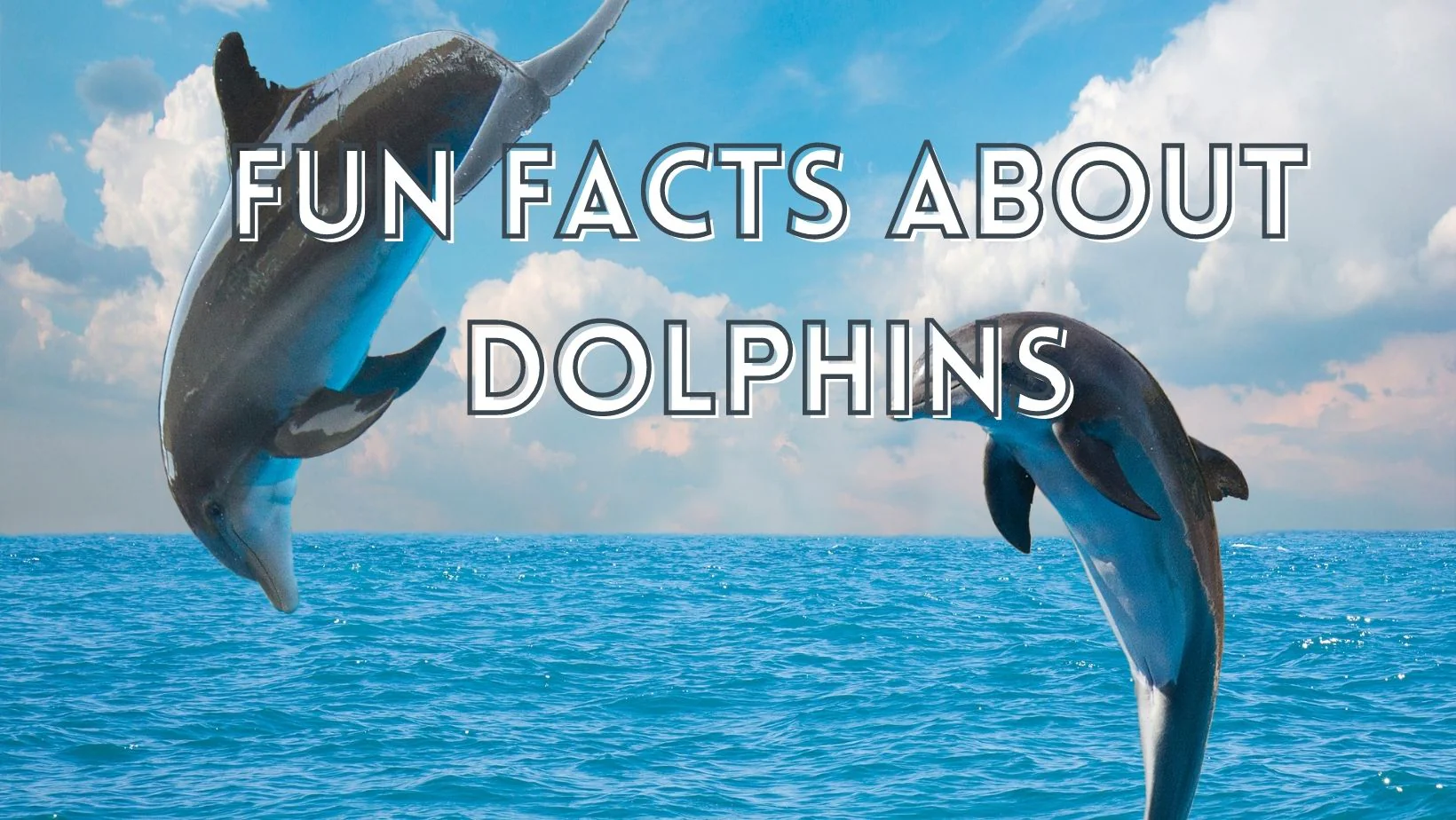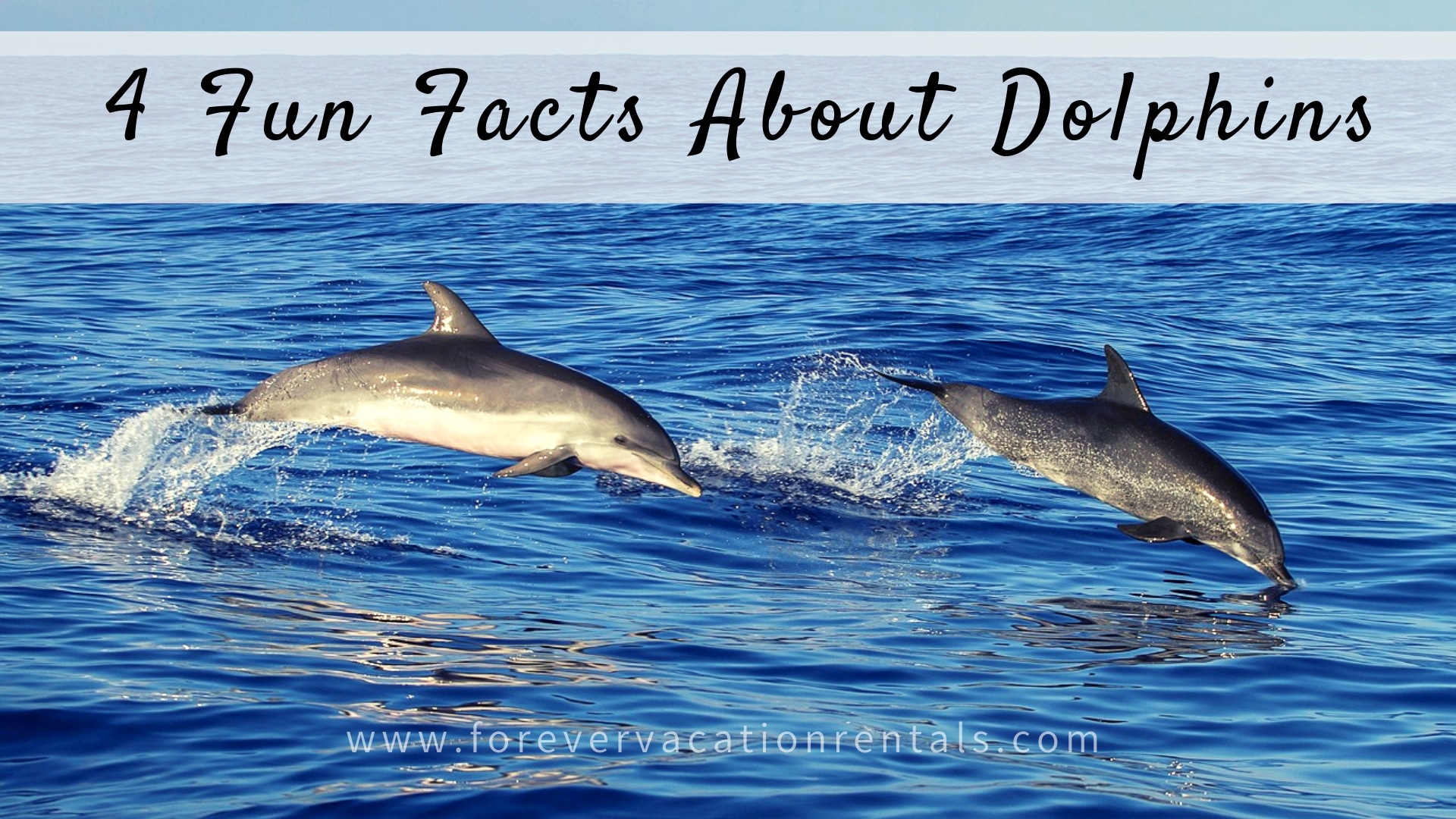Enjoyable and Educational Dolphin Facts for Kids and Grownups Alike
Enjoyable and Educational Dolphin Facts for Kids and Grownups Alike
Blog Article
Fascinating Dolphin Information That Will Certainly Surprise You
Dolphins, usually popular for their knowledge and social complexity, present a riches of fascinating characteristics that extend much past their playful behavior. In addition, their elaborate social structures and participating strategies reveal a level of psychological knowledge that is both fascinating and thought-provoking.
Dolphin Intelligence and Issue Solving
Although typically pertained to as spirited creatures, dolphins show exceptional intelligence and advanced analytical skills that set them apart in the pet kingdom. Study shows that dolphins have cognitive capacities similar to those of some primates, showcasing their ability for intricate thought procedures. Their capability to pick up from experience, adapt to brand-new situations, and even demonstrate self-awareness highlights their sophisticated mental capacities.
One of one of the most engaging examples of dolphin knowledge is their efficiency in tool use (Dolphin Facts). Dolphins have been observed using marine sponges to secure their rostrums while foraging on the ocean flooring, a habits that illustrates insight and preparation. In addition, they present analytic abilities in cooperative jobs, often working with each other to achieve a common goal, such as confining fish into limited groups for simpler feeding
Additionally, dolphins display outstanding memory skills, allowing them to maintain information about their social structures and environmental signs over expanded periods. These cognitive traits not only highlight their private intelligence but likewise boost the survival and social cohesion of their pods. On the whole, the intelligence of dolphins remains to captivate scientists, prompting ongoing studies to additional explore their exceptional capabilities.
Special Communication Methods
Dolphins use a range of special communication techniques that underscore their advanced cognitive capacities and social frameworks. These aquatic creatures make use of a combination of vocalizations, body movement, and echolocation to share info and connect with each other.

In addition to vocal sounds, dolphins rely greatly on body language. They utilize physical motions, such as jumping, spinning, and synchronized swimming, to reveal feelings and purposes. This non-verbal communication is important for collaborating group activities, such as searching or common play.
Echolocation additionally enhances their interaction arsenal, making it possible for dolphins to navigate their surroundings and hunt effectively. By producing sound waves and translating the returning echoes, they can determine the size, shape, and distance of things around them. Jointly, these one-of-a-kind interaction methods show the remarkable cognitive capacities of dolphins and their capacity to grow in complicated socials media.
Social Frameworks and Relationships

Dolphins display a variety of social actions, including cooperative searching, mutual grooming, and lively communications, every one of which enhance their partnerships. Their ability to identify individual whistles-- distinct articulations made use of for identification-- additional enhances their social characteristics, enabling for sustained communications with time. These solid social bonds are specifically noticeable in maternal care, where mommies not only nurture their calf bones yet also count on other husk members for assistance.
Furthermore, dolphins display altruistic habits, such as helping troubled or injured people, which reflects their complex psychological intelligence. The social structures of dolphins are not only fundamental for their daily communications however also vital for the transmission of social understanding, showcasing the depth of their social lives and the Source significance of community within their species.
Amazing Physical Capacities
With their streamlined bodies and powerful musculature, dolphins display extraordinary physical capabilities that allow them to flourish in marine settings. These aquatic animals are renowned for their exceptional swimming abilities, efficient in getting to rates of as much as 25 miles per hour because of their streamlined shape and solid fins. Their unique adaptation, the dorsal fin, helps in maintaining stability and equilibrium while navigating via water.
Dolphins possess amazing agility, enabling them to do acrobatic jumps and spins, frequently seen in their lively communications. This dexterity is enhanced by their innovative echolocation capability, enabling them to discover prey and browse via complex underwater landscapes with accuracy. Using clicks and whistles, dolphins develop acoustic waves that jump off objects, exposing their environments.
Their robust respiratory system enables dolphins to hold their breath for numerous mins while diving, getting to depths of over 1,000 feet trying to find food. In addition, their thick layer of blubber supplies insulation versus cold water, improving their endurance in differing temperatures. Collectively, these amazing physical abilities not only facilitate their survival however likewise contribute to their standing as one of the ocean's most remarkable and smart creatures.
Preservation and Environmental Influence
In the middle of growing concerns about the wellness of aquatic ecological communities, the conservation of dolphins has come to be an important focus for scientists and conservationists alike. Dolphins function as essential signs of sea health, and their decline frequently indicates wider eco-friendly issues. Different dangers, consisting of habitat degradation, pollution, and complexity in fishing equipment, threaten their populaces.
Preservation initiatives are crucial in minimizing these threats. Initiatives such as aquatic protected locations have actually been executed to secure important environments from human interference. Additionally, organizations are proactively functioning to minimize bycatch with even more important source lasting angling practices, which can significantly lower dolphin mortality rates.

Additionally, global partnership plays a critical duty in dolphin preservation, as many types move across national limits. Dolphin Facts. By establishing treaties and cooperative research study programs, nations can collaborate to apply reliable security procedures
Ultimately, the conservation of dolphins not just advantages these smart aquatic creatures but likewise assists preserve the equilibrium of marine communities, underscoring the interconnectedness of all ocean life.
Verdict
To conclude, dolphins exemplify remarkable knowledge and facility social structures, showcasing amazing interaction techniques and physical capacities. Their capacity to address problems collaboratively and form strong social bonds highlights their psychological depth. In addition, the preservation of dolphin populations is essential for maintaining aquatic biodiversity and environmental balance. Understanding these splendid animals boosts recognition for their duty in the community and highlights the demand for continuous preservation initiatives to protect their environments and ensure their survival.
Moreover, dolphins exhibit remarkable memory skills, allowing them to maintain information regarding their site web social frameworks and environmental hints over expanded durations. Whistles are particularly significant, as they can operate as trademark calls, permitting dolphins to situate and recognize one another in their complicated social settings. Jointly, these unique interaction techniques illustrate the impressive cognitive abilities of dolphins and their ability to grow in complex social networks.
The complex interaction approaches employed by dolphins play a considerable function in forming their social frameworks and connections.In final thought, dolphins exhibit remarkable intelligence and complicated social structures, showcasing phenomenal communication methods and physical capacities.
Report this page